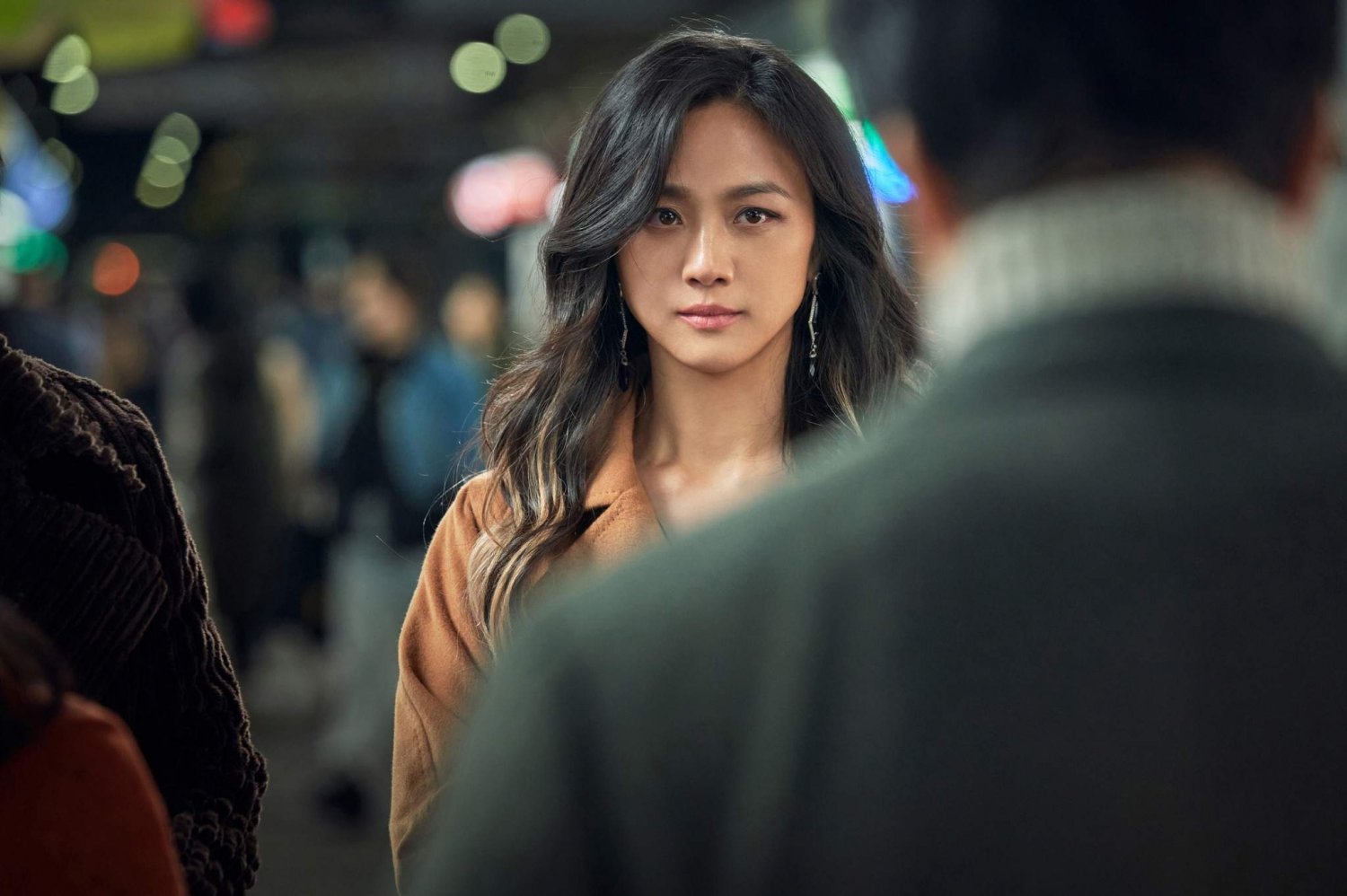
REVIEW: Decision to Leave (2022)
Park Chan-wook (South Korea: 2022, 138 min.)
“The moment you said you loved me, your love is over. The moment your love ends, my love begins.” -Seo Rae

Although Park Chan-wook has not made a film in six years, it is safe to say that if a six-year hiatus is the price to pay for films of the respective quality of The Handmaiden (2016) and Decision to Leave (2022), I will be among the first to accept that compromise, but I’m sure that line will be sold out in seconds. While the Korean director significantly dials back the outright eroticism of The Handmaiden and the graphic visual excess present in much of his previous work, there is an undeniable relationship between this latest installment and his previous exercises in genre within the trajectory of an auteur in complete control of cinematic language. His films often feature the darkest manifestations of human impulse highlighting physical expressions of violence, betrayal, and vengeance. While Decision to Leave stills exists within this framework, the film adds a yearning seductiveness into the crime thriller mode of storytelling to elucidate a provocative fluidity of genre. The film features an obsessive detective (Park Hae-il) and a suspicious widow (Tang Wei) who enter into an unspoken social contract of power dynamics and unrequited longing where the pair continually re-enter each other’s lives introducing dramatic irony abound as they beguile each other legally and romantically as if tied together by a fated string shaped by police procedure and a passionate, yet unfulfilled heartache.
Whereas in the past, the mystery-thriller components of Park’s work would be the foremost operator of the narrative, Decision to Leave utilizes the mystery as a chauffeur for the romance, acting as the platform for the palpable tension executed to compelling perfection by the film’s co-leads. Park Hae-il and Tang Wei should be campaigned for major awards for their nuanced performances shaped by lustful images and seamless editing that blends a romantic dynamic into a noir-esque detective story with each element informing the other to devastating effect. But its Tang Wei who has the agency to radiate danger and allure all in a single glance, reimaging the femme fatale with a visionary moxie that tops my list of best actress performances of the year. While the first act struggles to find its pace requiring patience of its audience as the story shifts perspective, time, and place with astonishing effortlessness over an extended exposition, the second half of the film is marked by a distinct sequential turning point worth the price of admission alone that launches the film into the stratosphere of cinematic experiences.
Tragic yet beautiful, Park Chan-wook dials back his graphic excess in favor of a precision piece of filmmaking that acts as an accessible culmination of his singular technical language. The score uplifts an already extraordinary level of technical achievement throughout the crafts, but the cinematography is firmly in the category of “how did he get a camera to do this” in addition to the most innovative uses of cell phone technology ever put to screen. Nonetheless, it’s the genre fluidity that Park maintains such acute control over the propels the heartbeat of the film. In his own words preparing the audience at an introduction of a New York Film Festival screening, he states, “1. There are no scenes of extreme violence (so don’t be afraid). 2. There are no scenes of extreme nudity (so don’t get your expectations too high). 3. There are scenes intended for laughter (so don’t hold back your laughter).” All three pieces of advice stand true, and I hope that leads to many audiences making a decision to watch.
No Comments